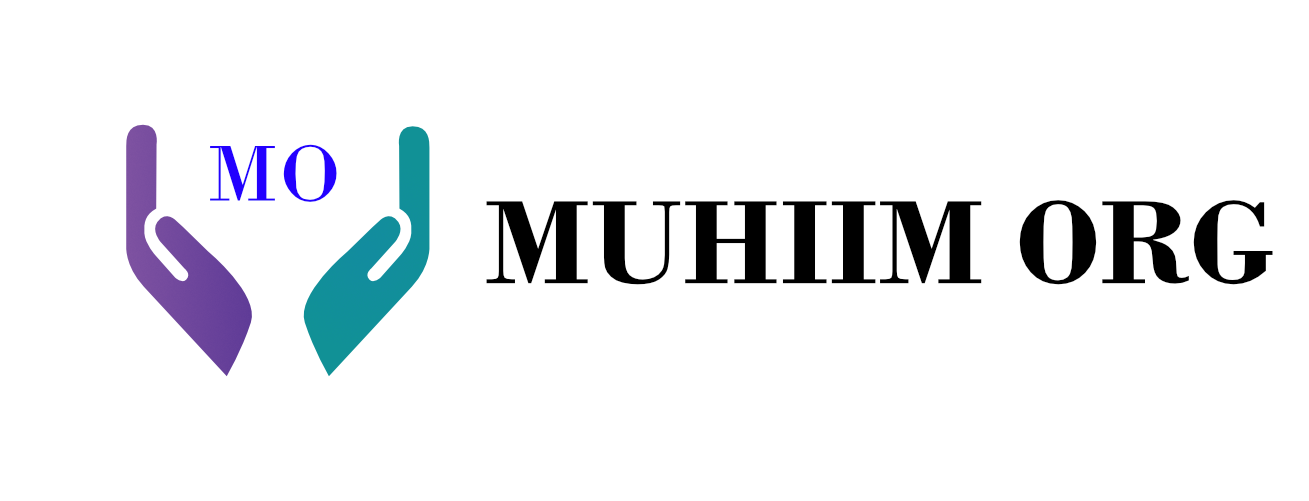
WHAT WE DO
Influenced by the new development paradigm, which puts people before things, M.O follows a participatory approach in every sphere of its work. The traditional knowledge of the rural poor is valued and respected, and there is confidence that rural people are capable of selfreliant organization. On a practical level, the fundamental thrust of this approach is decentralization and empowered.
For a community to be able to work for its own development and reduce its dependency there is a need for full involvement at all stages of the development cycle. The participation of communities in identification, planning, management, implementation, and evaluation of projects is a key factor in M.O work. Internally a participatory approach is adopted in managing the affairs of M.O. Externally, M.O as a “change agent” helps to develop community management structures that can manage their own development and stability.
This increases the ability of the community to demand accountability in all their affairs, from leaders and officials. It reinforces the community's belief in the value of their own development choices and efforts. These community management structures are not parallel structures, but are built upon traditional institutions, promoting equitable representation and participation. Human resource development is an essential part of our development work. This means ensuring that the community is trained and skilled, as well as organized, to maximize the potential of the community to take hold of its own development. M.O strongly believes in maximizing its impact by transferring field experiences into knowledge to influence the development policies and practices of NGOs, donors and M O Profile Page 16 government agencies. This is important for working towards the long-term goal of eradicating poverty and ensuring stability


Philosophy
Sustainable rural development is a dynamic
process posing
various needs at different phases
of time. These can be dealt with continuous interventions based on designed frameworks that
incorporate the requirements projected by the communities and with the help of the
communities by strategizing for public-private partnership.

Strategy
A sustainable strategy is devised to achieve
the maximum, a need based, and right based
approach initiated ascertains the problem with fully community involvement and mobilizing all
indigenous and local resources. The program goal is materialized with a helping hand from
community members, donations, and sponsors.

Approach
During the process of social mobilization,
M.O adopted a participatory, self-help, selfsustainable approach through
community involvement and formation of volunteer groups in
remote rural areas of Southwest state of Somalia.